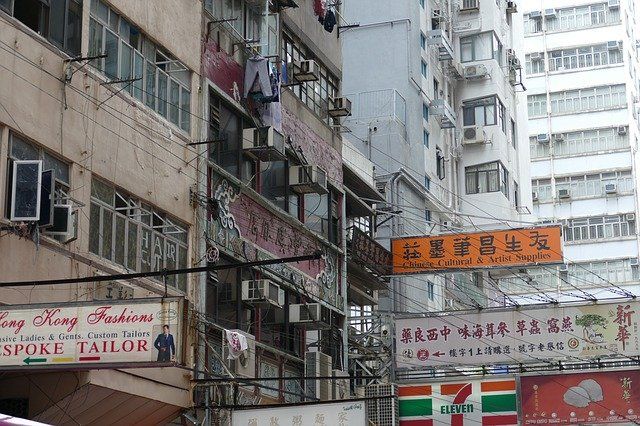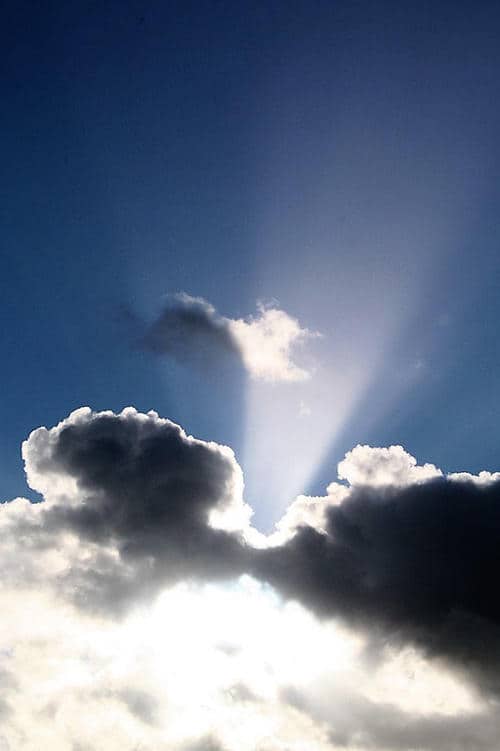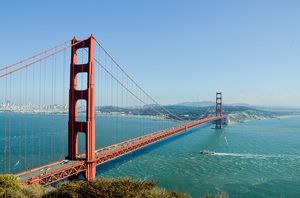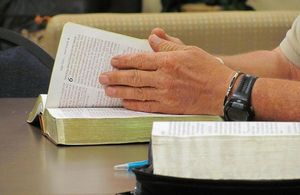Prior to its return to China probably the most frequently asked question about Hong Kong was, ‘What will it be like after [1 July] 1997?’ Now, almost two years after the hand-over, ‘Business as usual’ is probably the simplest answer. It is also appropriate, because business is what Hong Kong is largely about and most high-level decisions seem to be made to protect those interests.
Few changes
‘One country, two systems’ was Deng Xiao Ping’s formula for Hong Kong’s reunification with the motherland. The Beijing authorities promised to leave the province unchanged for fifty years after its return to China, and it would seem that to a large extent they have kept their promise. The Hong Kong government has much the same structure as when Mr Patten left and he would be still familiar with many of the people in power.
There is still total freedom of religion, so that many places of learning and healing are still run by Christian organisations. Buddhism remains the main religious orientation and, indeed, the Chief Executive, Mr Tung Chee Hwa, is known to be an ardent Buddhist. There have been occasions when ‘one country’ has appeared to take precedence over ‘two systems’, as when Hong Kong criminals were caught, tried, and executed in China for crimes committed in Hong Kong (crimes for which Hong Kong would have given life imprisonment). But on the whole, apart from a change of flag and the colour of our mail boxes, Hong Kong is much as it was.

Catastrophes
Of course, there are reasons for the lack of change. The Hong Kong government has had its hands full with a series of catastrophes, starting at the end of 1997 with what came to be known as ‘bird flu’. This virulent virus is believed to have come in poultry imported from greater China, and the difficult decision was made to slaughter over a million chickens in Hong Kong. The potential epidemic was stalled but many chicken farmers lost their livelihood. To the Chinese the opportunity to do business is always preferable to receiving government compensation.
Then came the ‘Red tide’ — growth of algae in the ocean, blamed as so many other things on El Nino — which starved fish of oxygen. This time fish died and fish farmers suffered.
One year after the hand-over — 6 July 1998 — was the date set for the opening of Hong Kong’s new airport at Chek Lap Kok. The opening date was brought forward to coincide with President Jiang Ze Min’s visit. Another disaster! Services were not ready. Passengers had to wait hours for luggage, and millions of dollars worth of perishable goods were lost. Worst of all, Hong Kong lost face, as two big enquiries were launched. Typically, by the time their findings were announced, the airport was working efficiently and public interest had moved elsewhere.
The most recent catastrophe has been the sorest — economic downturn. Starting in Thailand, Indonesia, Malaysia, it eventually closed in on Hong Kong as well. Businesses have gone bankrupt, large companies have closed branches and of course, unemployment has soared — from almost zero to 6%.

Searching for something more
Every cloud should have its silver lining. These problems have certainly brought a heavy cloud over Hong Kong and we must view them with Christian compassion for those who suffer. But we can also pray that the people’s sense of security in material possessions will be shaken and that they will be encouraged to look for higher priorities. At ‘Peace Clinic’ a young man who showed interest in the booklet I gave him was able to take time for an extended conversation; simply because he was out of work. And an evangelistic open day — a joint exercise between the Peace Church and clinics in December ’98 — drew an unusually large number of people. Were they possibly searching for ‘something more’?
Limits of freedom
On the legal side, things have not been entirely smooth. It was probably unavoidable that, sooner or later, a test case would arise that would show whether or not Beijing was genuinely willing to give Hong Kong freedom to go its own way.
Almost since the hand-over, lawyers have been pressing the government on the matter of ‘right of abode’ for children in greater China wishing to live in Hong Kong because their parents are here. The Court of Final Appeal — a panel of five eminent judges — eventually ruled that they should be allowed to live here, but the ruling was worded in such a way as to clearly indicate the independence of Hong Kong’s law from that of greater China. It seemed that in Hong Kong the government was indeed adhering to the Rule of Law.
However, rumblings from the north were soon heard. There was a flurry of exchanges between Hong Kong and Beijing and then, in a previously unprecedented move, the Chief Justice, Miss Elsie Leung, requested the judges to ‘clarify’ their decision. There was a threat of the whole matter being discussed at the up-coming National Peoples Conference in Beijing — a threat the Hong Kong leaders took very seriously.
Eventually, and without apparent alteration to the practical outcome as regards the children, the final appeal judges gave assurances that they were not trying to oppose themselves to the Beijing government. This too seems for the present to have settled down, but the question is left hanging — What are the limits of Hong Kong’s freedom and who determines them?
Opportunities
In a sense this encapsulates what has been going on since 1 July 1997. ‘Business as usual’ is only partly true. Under this possibly deceptive cloak of normality, there has been a developing relationship with Hong Kong’s ‘new’ masters.
That relationship, as it unfolds, will be what determines freedoms and restrictions for Hong Kong’s people in the future. In 1949 the communist government in China gave itself several years to settle in and then began to exert pressure for extensive change.
The Taiwan situation is likely to weigh in Hong Kong’s favour, delaying change. But one of my Chinese patients in Peace Clinic recently said, ‘In ten years, Hong Kong will be just like the rest of China’. Speculation perhaps. But quite possible.
In the meantime we have freedom and a population of six million people, the majority of whom do not know Jesus Christ (though many know about him). Pray that we will use our opportunities.













